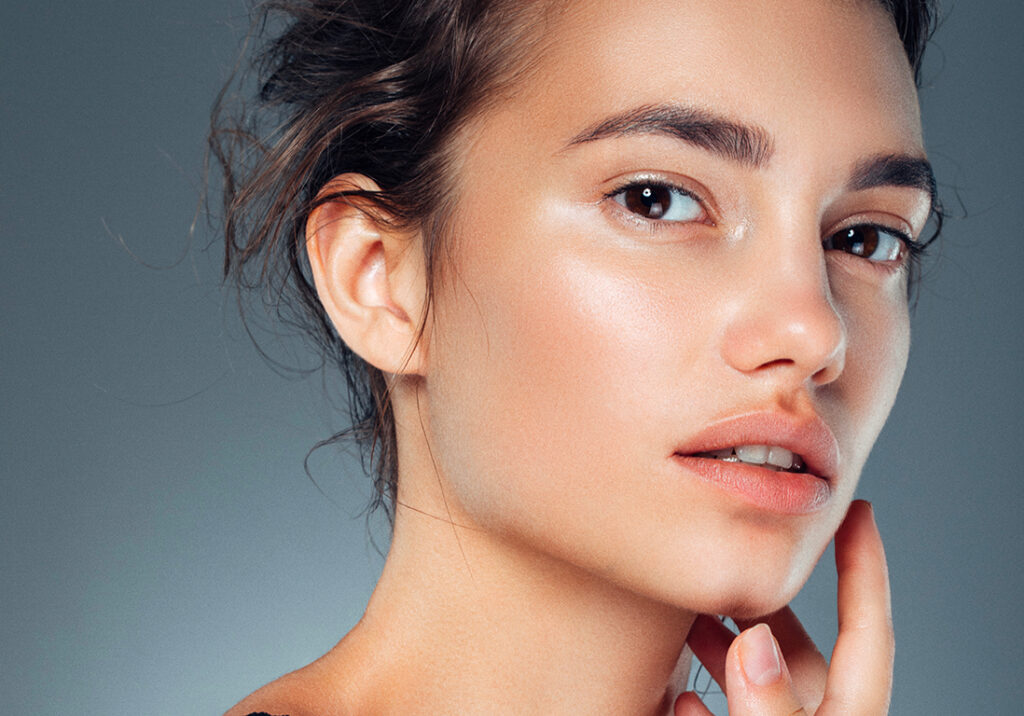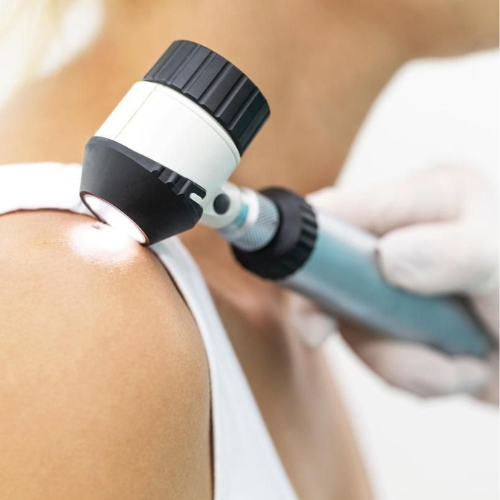Adult acne
As the body's largest organ, the skin plays an essential role in protecting us from external aggressors and regulating various physiological processes. Skin is also a reflection of our overall health, lifestyle and emotional well-being.
Taking care of our skin is therefore crucial to maintaining its health and appearance. This includes adopting a skincare routine tailored to our individual needs, protecting against damage from the sun and external elements, a balanced diet and adequate hydration, as well as stress and lifestyle management.
By investing in healthy skin care habits and consulting health professionals when necessary, we can help preserve our skin's youthfulness and radiance, while promoting our overall well-being.

Adult acne refers to a skin condition characterized by the appearance of pimples, blackheads, whiteheads and sometimes cysts on the skin in adults, usually after adolescence. Unlike teenage acne, which is often associated with hormonal fluctuations during puberty, adult acne can occur at any age and can be caused by a variety of factors.
Symptoms of adult acne can vary in severity, from mild to severe, and can appear on the face, neck, back, chest and sometimes even the shoulders and scalp. The main features of adult acne include:
- Pimples: These can be red, inflamed and painful, and often appear on areas with a high concentration of sebaceous glands, such as the face, back and chest.
- Blackheads (open comedones) and whiteheads (closed comedones): These lesions are caused by a blockage of the hair follicles by excess sebum, dead skin cells and bacteria, and can be found on different parts of the body.
- Cysts: Acne cysts are deep, painful inflamed lesions that form when pilosebaceous follicles become clogged and infected with bacteria. They can cause permanent scarring if not treated properly.
The causes of adult acne can be multiple and may include:
- Hormonal fluctuations: Hormonal changes can occur at any age, especially in women during menstruation, pregnancy, menopause or due to hormonal imbalances.
- Genetic factors: A genetic predisposition to acne may play a role in its development in some individuals.
- Stress: Chronic stress can trigger or aggravate acne by increasing production of cortisol, a hormone that stimulates sebum production.
- Use of unsuitable skin care products: Some cosmetics and skin care products can clog pores and aggravate acne in some people.
- Diet: Although the relationship between diet and acne is not fully understood, some studies suggest that consumption of foods rich in refined carbohydrates and dairy products may be associated with acne in some people.



